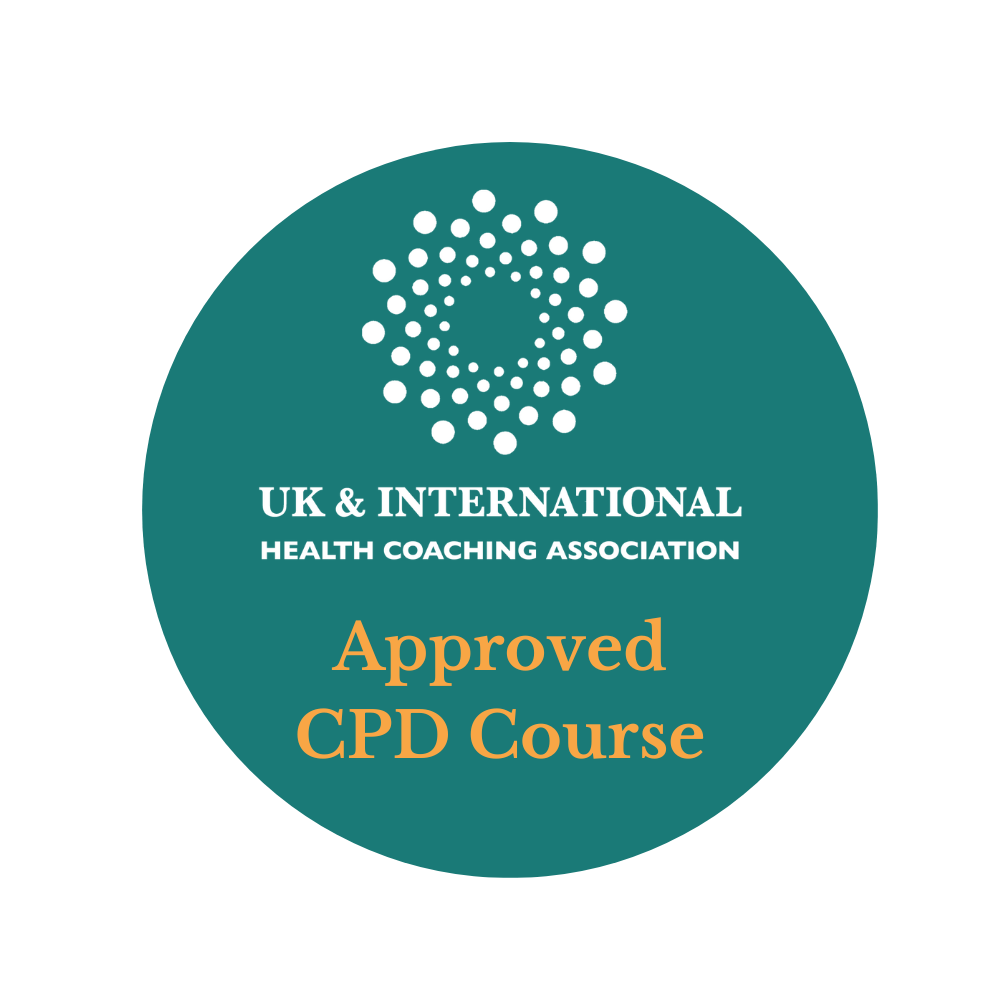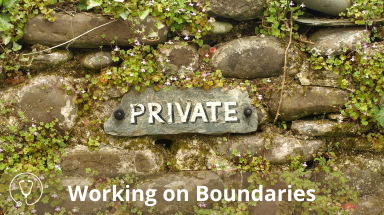Prefer to listen?
This blog post is taken from our podcast on social health which you can listen to here.
In the coaching room, boundaries frequently surface as a key issue for coachees. Whether it’s taking on too much at work, shouldering more than one’s fair share of responsibilities at home, or neglecting self-care, the inability to set boundaries has far-reaching consequences. Here’s how coaching can help individuals reclaim control and create a healthier balance in their lives.
Recognising Boundary Issues
Helen thinks that about half of the clients she has had with boundary challenges come into coaching aware of the problem. They might explicitly express the need to learn to say no or identify specific scenarios where boundaries are lacking.
The other half may not initially connect their struggles to a lack of boundaries. So how do you spot this is an area for discussion with your coachee? Clients may feel
- overwhelmed,
- stretched too thin,
- perpetually irritable,
- resentful
- burdened by the demands of others.
- unable to say no, leading to constant busyness and burnout.
- That they have no time for even basic self-care—sleeping well, eating without rushing, or making time for joy.
Through exploration, you can help your coachee discover how unspoken expectations or uncommunicated needs contribute to their challenges. Coaching helps uncover these hidden layers and brings clarity to what needs to change.
The Coaching Process: Reclaiming Your Power
- Acknowledging Successes
Coaching often begins with identifying areas where clients have already succeeded in setting boundaries. Perhaps they excel at work boundaries but struggle at home—or vice versa. Reflecting on past successes builds confidence and demonstrates that boundary-setting is achievable. - Exploring Beliefs
Limiting beliefs often underlie boundary issues. Common ones include the need to please others, fear of being seen as difficult, or a sense of failure if they ask for help. Women, in particular, may lack confidence to speak up, especially if they’ve struggled with boundaries for years. Coaching helps uncover these beliefs, examine their origins, and replace them with empowering alternatives. - Understanding Consequences
Help your clients explore both the negative impacts of not setting boundaries—burnout, resentment, financial strain—and the positive outcomes of establishing them. By focusing on the benefits, clients can unlock the motivation and confidence to take action. - Developing a Personal Manifesto
A powerful “why” is essential for lasting change. For example, a parent might shift from feeling guilty about saying no to toys for their child to embracing a new purpose: teaching the value of money and budgeting. A clear and personal manifesto strengthens resolve and aligns actions with authentic values. - Starting Small and Practicing
Clients should be encouraged to begin with manageable changes, like requesting a table change at a restaurant. This builds confidence and momentum, preparing them to tackle more significant challenges over time.
Overcoming Challenges and Pushback
Setting boundaries can disrupt established dynamics. Coachees, and those around them may resist changes, especially if they’ve benefited from the old way of things. Coaching prepares clients for these adjustments by re-affirming their reason for setting the boundaries, and perhaps role-playing conversations, anticipating reactions, and reinforcing the importance of communication. It’s also vital to normalise setbacks—slipping once doesn’t mean failure.
Encourage your clients to be kind to themselves and recommit to their goals.
Top Tips for Boundary Setting (for you and your clients)
- Start Small
Choose a low-stakes scenario to practice boundary setting and build your confidence. - Prioritise Self-Care
Strong boundaries require strong foundations. Ensure you’re well-resourced to maintain resilience. - Reframe Boundaries Positively
Think of boundaries as saying yes to your authentic self, rather than no to others. They reflect your values and help you live in alignment with them.
Both our Doctors’ Transformational Coaching Diploma and our Transformational Coaching Diploma for Lifestyle Medicine cover aspects of coaching that will help to explore these topics with coaching clients. Take a look and get in touch if you have any questions about either.
The Transformational Coaching Diploma is
Approved by the UK & International Health Coaching Association for the purposes of Continuing Professional Development (CPD).


The Transformational Coaching Diploma is
Accredited By:

Policies & Disclosures
Provider of The Transformational Coaching Diploma For:




Copyright © 2020 – 2024 Your Coaching Journey Limited | All Rights Reserved
Registered in England & Wales | Company Number 13233094
Registered Office: 13 Edyvean Close, Rugby, Warwickshire, CV22 6LD
V.A.T. Reg. No. 450175416



